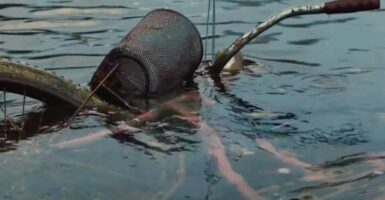Three Towns Sinking Into The Ground After Saudi Arabia Pumps The Water Out From Under Them
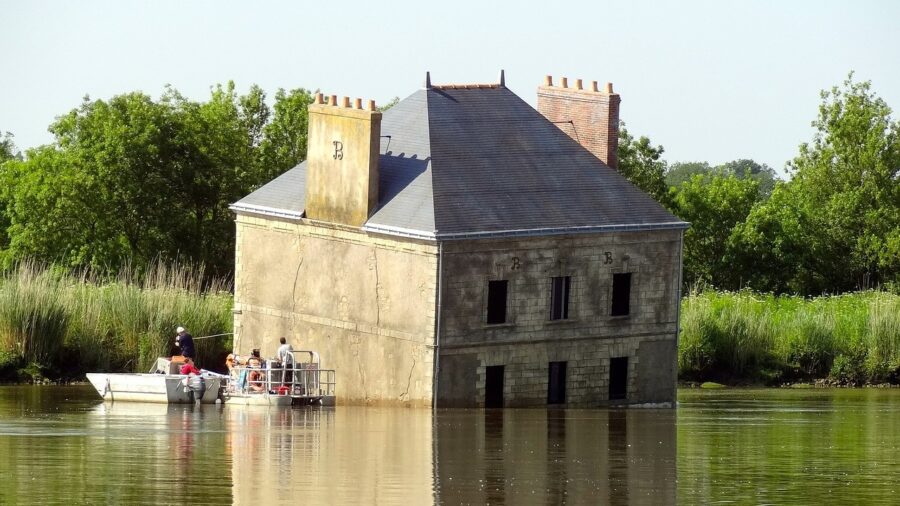
In the heart of rural Arizona, the residents of three McMullen Valley counties – Aguila, Salome, and Wenden – are sinking due to the uncontrolled pumping of underground water by companies from Saudi Arabia and the United Arab Emirates. Home to fewer than 3,000 residents, the area has become a battleground between local communities and international corporations.
Ruining Citizen’s Twilight Years

La Paz County Supervisor Holly Irwin notes that these residents, mostly farmers, and retirees, move to McMullen Valley with the intention of spending the rest of their lives there. However, the sinking of their towns is threatening the foundations of their homes and way of life. International companies have been leasing land in rural Arizona to pump unlimited amounts of underground water for decades.
Land Subsidence
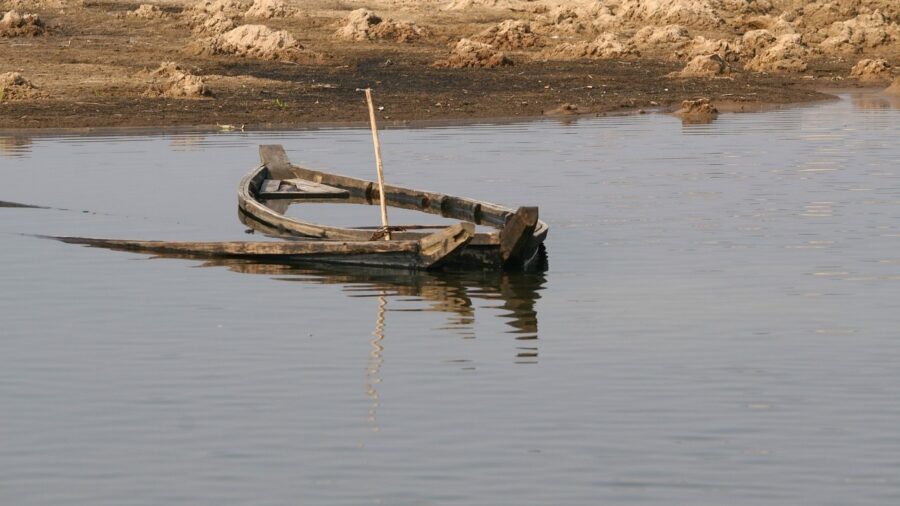
According to Arizona Attorney General Kris Mayes, the continuous water drilling has caused the town of Wenden to sink by four feet. In scientific terms, the region is experiencing land subsidence, a manmade consequence of groundwater withdrawal. As fine-grained sediments are extracted from the earth, the topsoil sinks, causing irreversible damage to the land.
Data from the Arizona Department of Water Resources (ADWR) shows that McMullen Valley’s topsoil has sunk three feet from 1991 to 2016. Alarming science-based reports indicate that, since 2015, the arrival of corporate farms has caused an additional 12 inches of subsidence. Despite the clear signs of a looming crisis, the state’s response has been inadequate.
The Governor Steps In
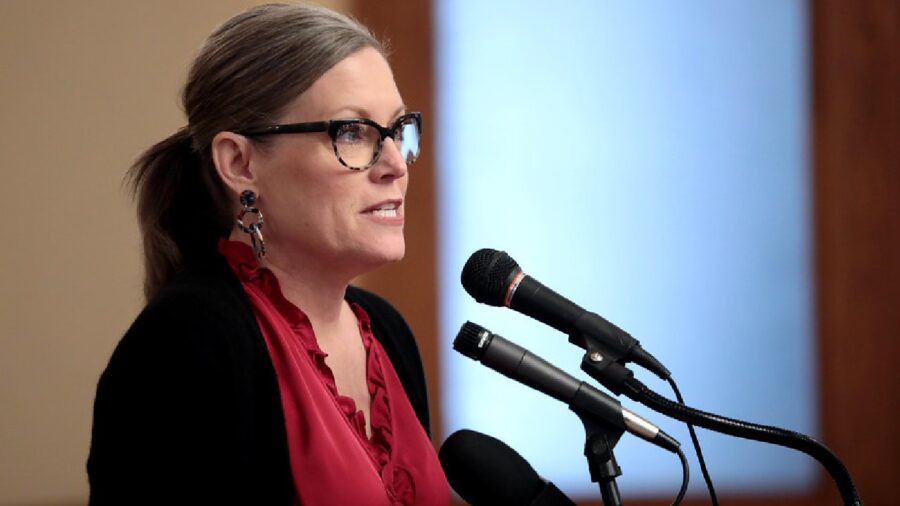
Holly Irwin first raised concerns in 2010, requesting updated hydrology studies. However, these studies have yet to materialize. The lack of information hampers efforts to assess the remaining water supply and devise effective strategies to mitigate the crisis. In October 2023, Governor Katie Hobbs took action against Saudi company Fondomonte, setting an end date for their water-intensive farming practices.
“I really don’t understand why we keep kicking this can down the road,” Irwin said of the water drilling crisis affecting rural Arizona, its residents, and their homes. “You can only continue to go down this road for so long to where you’re going to see more wells drying up and the quality of water disintegrating.”
Taking Advantage Of A Legislative Void

/\Still, similar companies, like Al Dahra from the United Arab Emirates, continue exploiting Arizona’s lax water regulations. The deepening of wells by these corporations further intensifies the problem, as they are now required to drill as deep as 542 feet to extract groundwater. Mayes and Irwin are advocating for a comprehensive overhaul of Arizona’s groundwater laws.
More Legislation Is Needed

They emphasize the need for more Active Management Areas (AMAs) to monitor and regulate water usage effectively. Irwin proposes the creation of local groundwater stewardship areas, collaborating with supervisors from Mojave, Yavapai, and Coconino Counties. Despite recommendations from the Governor’s Water Policy Council, legislative challenges hinder these initiatives.
As a result, Mayes suggested an immediate pause on water drilling through executive powers. However, the reluctance of ADWR Director Tom Buschatzke to take such action raises concerns. The lack of response to calls for regulatory intervention indicates a complex web of political and economic interests influencing decisions regarding Arizona’s precious water resources.
Water Drilling In The States
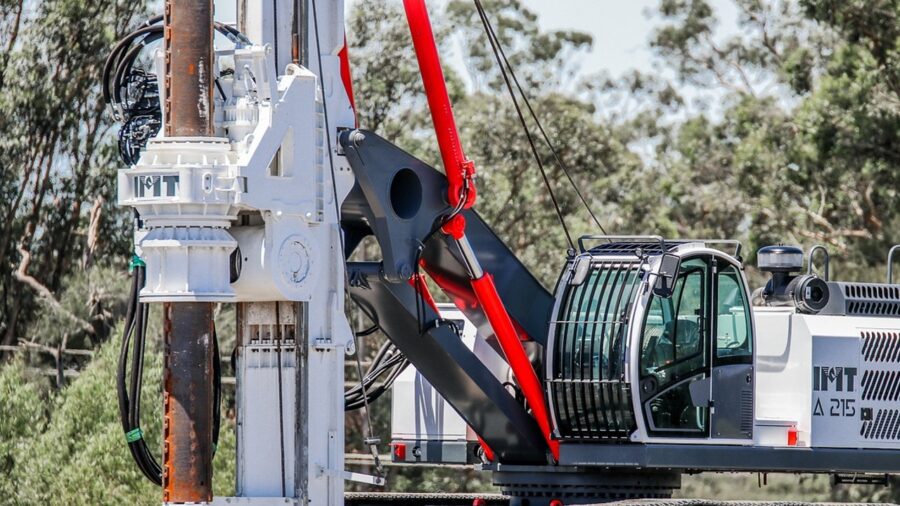
International corporations involved in water drilling in the United States operate within a market characterized by low market share concentration, with the top four companies generating less than 40 percent of industry revenue. Land drilling contractors lease their rigs to exploration and production companies for specified periods at a day rate.
Source: The Copper Courier

